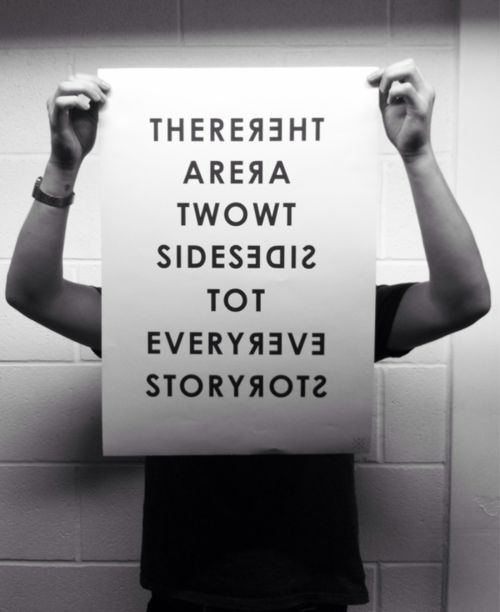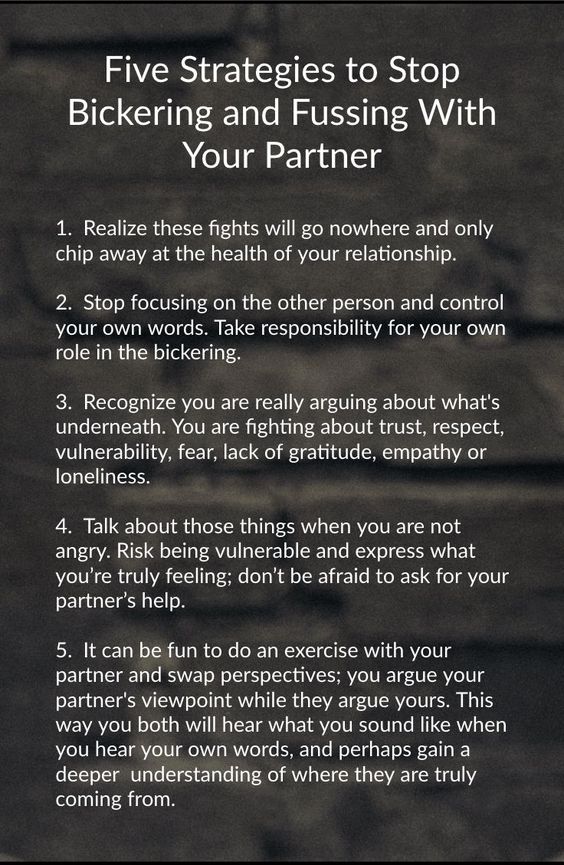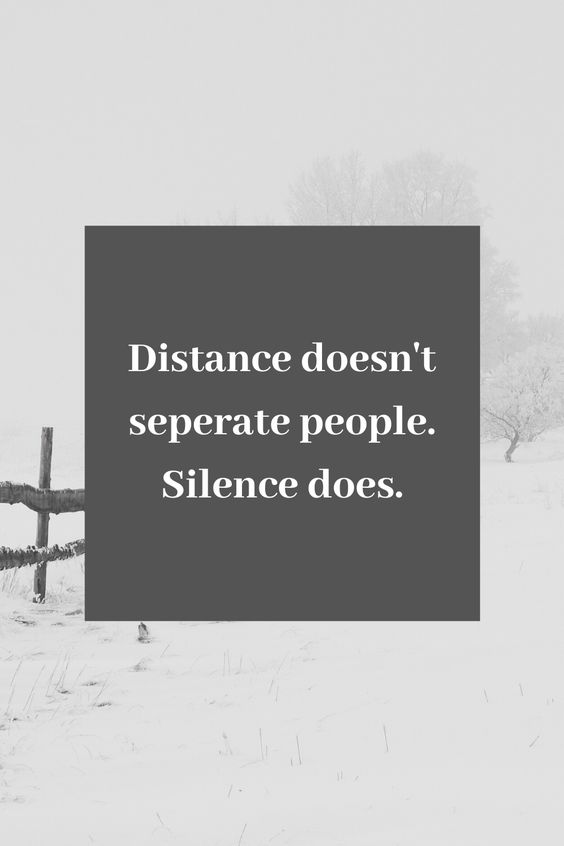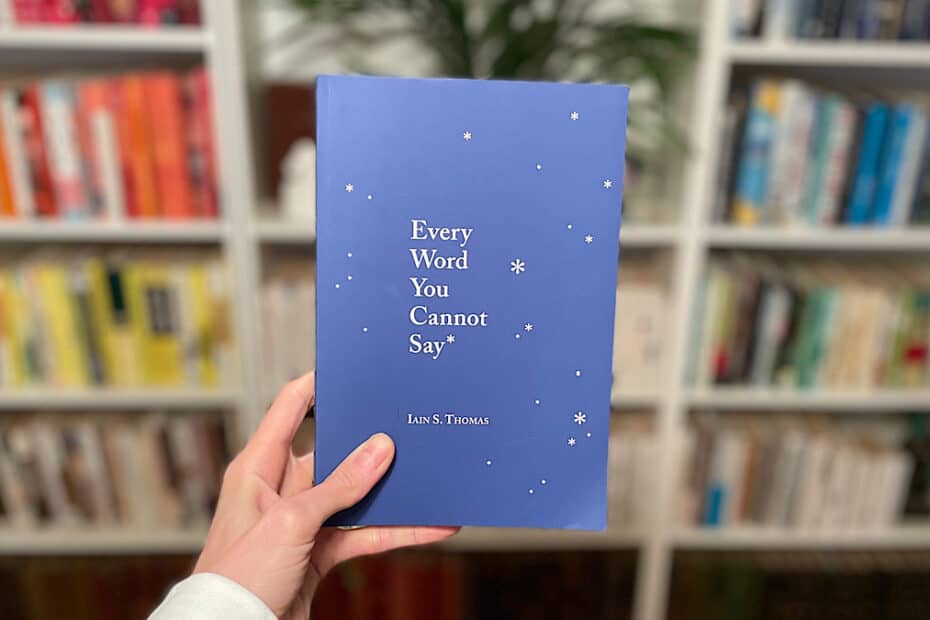101 Thoughtful and Provoking Questions To Ask To Get To Know Someone
Excerpt: Looking for questions to ask to get to know someone? This list has you covered. Good for getting to know someone new or old, known or unknown, stranger or friend. Questions are the key to meaningful connection. Enjoy.
Read More »101 Thoughtful and Provoking Questions To Ask To Get To Know Someone
“‘You’re probably right’ has become of my favorite phrases. Whenever someone disagrees with you on a small matter (read: most things), you can shrug, say ‘you’re probably right’ and move on. Not caring about winning trivial arguments saves so much time and energy.”
James Clear, Blog
Ruth Bader Ginsburg Quote on Intentionally Being A Little Deaf Towards Thoughtless Or Unkind Words
“Another often-asked question when I speak in public: ‘Do you have some good advice you might share with us?‘ Yes, I do. It comes from my savvy mother-in-law, advice she gave me on my wedding day. ‘In every good marriage,’ she counseled, ‘it helps sometimes to be a little deaf.’ I have followed that advice assiduously, and not only at home through fifty-six years of a marital partnership nonpareil. I have employed it as well in every workplace, including the Supreme Court of the United States. When a thoughtless or unkind word is spoken, best tune out. Reacting in anger or annoyance will not advance one’s ability to persuade.”
Ruth Bader Ginsburg, My Own Words
Beyond the Quote (260/365)
In every relationship in life, I think it helps to be a little deaf. And I, nor RBG, mean this in a demeaning, belittling, dismissive way for the other person. We mean it in a self-loving kind of way. We choose to be a little deaf towards the thoughtless and unkind types of remarks. The remarks that are not backed by thought, but are rather reactive, emotional, and are lacking of reason or fact. The remarks that do not serve the higher purpose of advancing the argument, but rather attack the person and are derogatory or unkind in nature. Those are the types of thoughts that should fall on deaf ears.
Read More »Ruth Bader Ginsburg Quote on Intentionally Being A Little Deaf Towards Thoughtless Or Unkind Words“’If my opinion runs more than twenty pages,’ she said, ‘I am disturbed that I couldn’t do it shorter.’ The mantra in her chambers is ‘Get it right and keep it tight.’ She disdains legal Latin, and demands extra clarity in an opinion’s opening lines, which she hopes the public will understand. ‘If you can say it in plain English, you should,’ RBG says. Going through ‘innumerable drafts,’ the goal is to write an opinion where no sentence should need to be read twice. ‘I think that law should be a literary profession,’ RBG says, ‘and the best legal practitioners regard law as an art as well as a craft.’”
Irin Carmon, Notorious RBG: The Life and Times of Ruth Bader Ginsburg
“A conversation with her is a special pleasure because there are no words that are not preceded by thoughts.”
Irin Carmon, Notorious RBG: The Life and Times of Ruth Bader Ginsburg
Mae West Quote on Body Language and How To Better “Hear” What Your Body Is Telling You
“I speak two languages, Body and English.”
Mae West
Beyond the Quote (236/365)
Are you in tuned with what your body is telling you? Are you aware that your body has a language that needs to be learned in order to be understood? It’s no different than learning your ABC’s for the first time. You might hear the various sounds coming out of people’s mouths around you, but until you actually learn what the letters represent, how those letters form into words, how to pronounce those words, what those words actually mean, and how to combine them to express ideas… all you’ll hear is gibberish. And, unfortunately, gibberish is about all people hear when they listen to their body.
Read More »Mae West Quote on Body Language and How To Better “Hear” What Your Body Is Telling You“Rule of 3 in conversation. To get to the real reason, ask a person to go deeper than what they just said. Then again, and once more. The third time’s answer is close to the truth.”
Kevin Kelly, Blog
Is Multitasking Good Or Bad? A Look Into The Most Effective Ways To Get Multiple Tasks Done
Excerpt: Is Multitasking Good Or Bad? Some seem to think doing multiple tasks simultaneously is effective—some seem to think otherwise. Let’s dive in.
Read More »Is Multitasking Good Or Bad? A Look Into The Most Effective Ways To Get Multiple Tasks Done
“The ego is cunning, so you have to be very alert, very present, and totally honest with yourself to see whether you have truly relinquished your identification with a mental position and so freed yourself from your mind. If you suddenly feel very light, clear, and deeply at peace, that is an unmistakable sign that you have surrendered. Then observe what happens to the other person’s mental position as you no longer energize it through resistance. When identification with mental positions is out of the way, true communication begins.”
Eckhart Tolle, The Power of Now (Page 215)
Paulo Coelho Quote on How People Only Hear What They Want To Hear (and Why I Disagree)
“Don’t waste your time with explanations: people only hear what they want to hear.”
Paulo Coelho
Beyond the Quote (124/365)
I disagree. I stumbled upon this quote on Instagram and I can see why people would share it and agree with it from a superficial standpoint, but I feel that there’s something deeply wrong about it that needs to be discussed. If you never took the time to explain, how would anybody ever be influenced to change their mind? Certainly people change their minds. And in my estimation, it’s ONLY through conversation and explanation that it ever happens: conversations you have with other people, conversations you listen to between other people, and conversations that you read from other people. It’s through this constant exchange of ideas—these explanations—that we only ever advance our thoughts forward. How else could we possibly do that?
Read More »Paulo Coelho Quote on How People Only Hear What They Want To Hear (and Why I Disagree)“Sometimes we’ll say small things to someone and they’ll lose their sh*t. It’s not because they’re crazy—it’s because whatever we said was the last straw. People walk around collecting moments of stress, and if left unaddressed, stress will pile up until they hit their limit, and then Kaboom! We’ve all had our own stories of hitting our breaking point and letting the wrong person have it. Those experiences, as unfortunate as they are, also allow us to find compassion when it happens to others.” ~ Humble the Poet, Things No One Else Can Teach Us (Page 225)
12 Iain Thomas Quotes from Every Word You Cannot Say To Help When Life Is Hard
Excerpt: Life can be hard. Words can help. Read our 12 empowering Iain Thomas quotes from Every Word You Cannot Say for help finding the right ones.
Read More »12 Iain Thomas Quotes from Every Word You Cannot Say To Help When Life Is Hard
“It’s a good idea to tell the person you are confronting exactly what you would like them to do instead of what they have done or currently are doing. You might think, ‘if they loved me, they would know what to do.’ That’s the voice of resentment. Assume ignorance before malevolence. No one has a direct pipeline to your wants and needs—not even you. If you try to determine exactly what you want, you might find that it is more difficult than you think. The person oppressing you is likely no wiser than you, especially about you. Tell them directly what would be preferable, instead, after you have sorted it out. Make your request as small and reasonable as possible—but ensure that its fulfillment would satisfy you. In that manner, you come to the discussion with a solution, instead of just a problem.” ~ Jordan Peterson, via 12 Rules for Life (Page 287)










